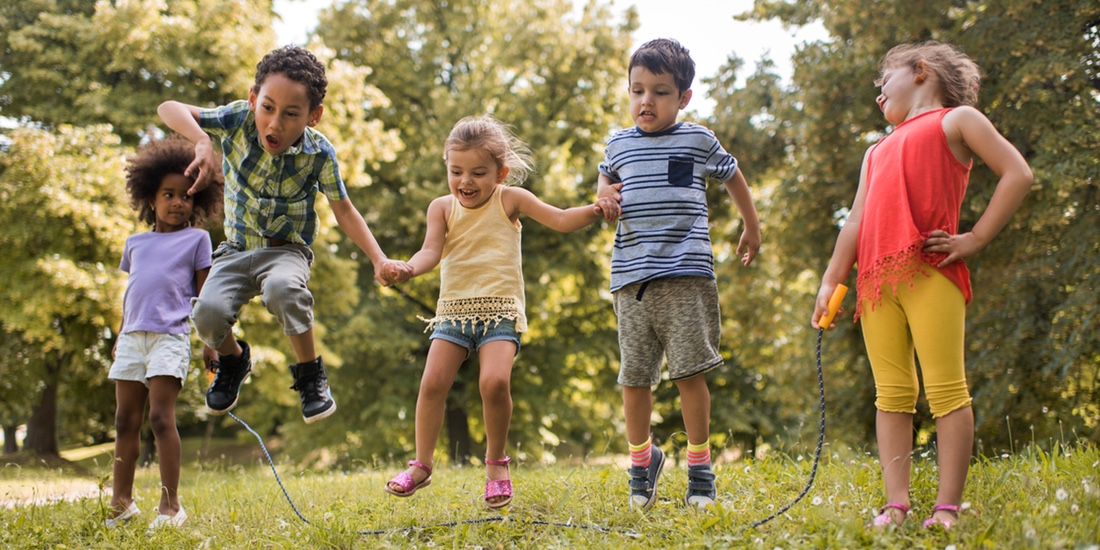While some children inherently understand how to socially interact with others and are comfortable with basic social skills, others need more explicit instruction. This is normal! Focus on teaching a few fundamentals to help your child experience success in social situations.
Learn
Be mindful that a child’s developmental stage (which includes age and temperament) will dictate the specific skills that they should be expected to know, but even young children can practice the basics.
What are social skills? Broadly, social skills are any skills that help your child interact and communicate with others. We’ll focus on a few key skills (and leave the concept of manners for a separate article):
- How to greet others
- How to make eye contact
- How to join an activity
Just Remember
- Children range in their ability to socially interact with other children and with grown-ups. This is completely normal.
- A child’s developmental stage will dictate the specific skills that they are expected to know.
- Your job – model, model, model!
Do
Some children are naturally shy and greeting others, making eye contact and joining an activity are hard for them. Model, model, model; teach your child that it is about being considerate of others – and that compassion is a way of being (not something you switch on or off); and trust that your child will eventually get there.
How to Greet Others
Basic greetings are important skills for children to master. Help your child understand why the greeting is important and how it makes a recipient feel.
| What You Could Do | What You Could Say |
|
|
How to Make Eye Contact
While a simple concept, eye contact can be difficult for young children.
| What You Could Do | What You Could Say |
|
|
How to Join an Activity
Many children have the experience of wanting to join an existing game or group of children and do not know how to do so.
| What You Could Do | What You Could Say |
|
|
